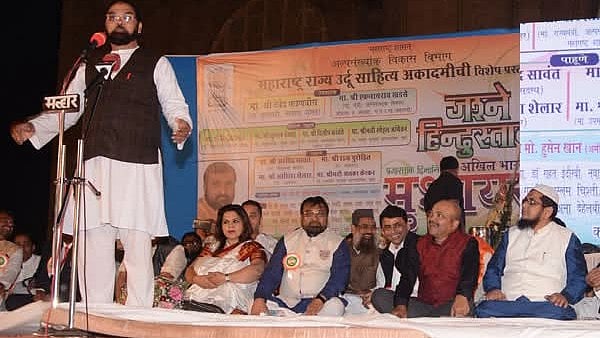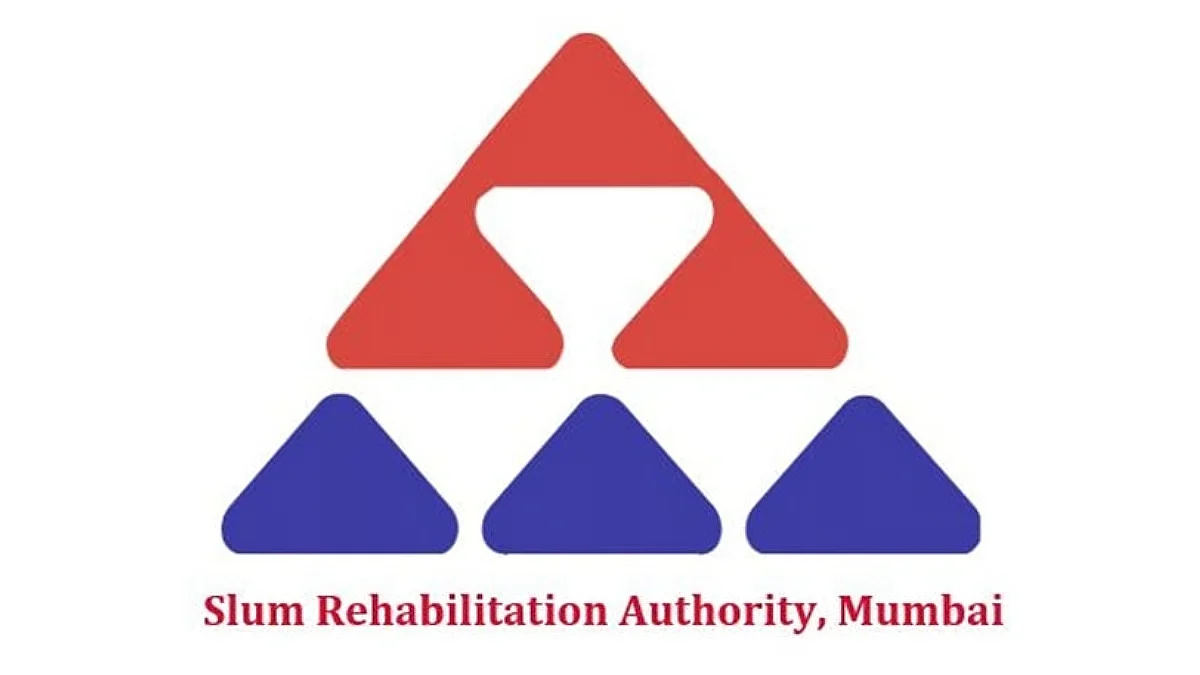In a world where progress often leaves the marginalised behind, Dr. Kalpana Sankar stands as a beacon of hope and transformation. As the Chairperson and Managing Trustee of Hand in Hand India, Dr. Sankar has dedicated her life to empowering women and fostering socio-economic development in rural India.
A nuclear scientist by training, she has seamlessly transitioned into the social sector, making an indelible impact on countless lives. With a PhD in nuclear physics and numerous prestigious awards to her name, including the Nari Shakti Puraskar and the Global Award for Women Empowerment, Dr. Sankar's journey is inspirational.
.jpg)
Dr. Sankar shares her insights on the evolution of women-centric development, the challenges and opportunities in promoting female entrepreneurship, and the innovative job creation models spearheaded by Hand in Hand India. Her responses reflect her deep commitment to driving transformative socio-economic change and her vision for a developed and inclusive India.
Excerpts from the interview:
How have efforts in women-centric development changed over the years, and why is female entrepreneurship in India a key to a developed Bharat (Viksit Bharat)?
Three decades ago, the concept of self-help groups was instrumental in giving women mobility, access to savings, and credit. Since then, it has come a long way in creating entrepreneurs with more avenues for access to savings, credit, and skill training. Women are a powerhouse of change and are the key to a Viksit Bharat. If we empower a woman, she uplifts her family and society. We need to give women entrepreneurs skill training, mentorship, business coaching, marketing linkages, and introduce new concepts such as climate-resilient entrepreneurship and digital training so they can have relevant and scalable enterprises. Women contributing to the workforce have the ability to transform India to a Viksit Bharat!
.jpg)
What are the challenges and ways to promote female entrepreneurship in India, particularly in rural areas?
The social conditioning in our societies, especially in rural areas, has a long way to go. Men need to share the workload, and families and communities need to support women to thrive as entrepreneurs. First, there needs to be a support system that encourages her work hours and demands. Also, women at the bottom of the pyramid often miss out on good mentors. NGOs can provide this linkage, and good mentorship and counselling for women entrepreneurs can help them with business model preparation, product reengineering to meet market demands, and competitor analysis preparation. This support will help women entrepreneurs thrive.
How does Hand in Hand India’s innovative job creation model address unemployment challenges?
Hand in Hand India has established its job creation model over two decades. Aside from the formation of self-help groups, our focus is on savings, skill training, entrepreneurship, business coaching, and market linkages. Our training includes digital and financial literacy, which has enabled women to transact via mobile and adapt to a digital world. We coach graduated entrepreneurs on principles of accounting, branding, and business plan creation, along with mentorship from professors at prestigious institutions such as IIT Madras.
.jpg)
Why is addressing challenges faced by marginalised communities in accessing financial services essential for inclusive growth?
Women form around 48% of the population in India. Investing in women and promoting financial inclusion through women will bring about change. Women who earn additional income through entrepreneurship spend it on children’s education, health, and water and sanitation, thereby investing in a better standard of living in the long term. Entrepreneurship is a tool for them to come out of poverty. Financial inclusion is a catalyst that gives women confidence and sets aspirations for other women to contribute to the economy and society. Financial inclusion can impact youth, farmers, and women through various products.
How can we empower women in entrepreneurship by addressing the obstacles hindering their participation?
There should be more NGOs and rural training centres to handhold women, give them counselling, and inform them of market challenges and opportunities. These centres should be in every district. If membership is fee-based (a small amount), it would benefit first-generation women entrepreneurs as a one-stop shop for anything related to their business. Aside from mentorship, guidance is needed based on SWOT analysis and revision of the business plan based on dynamic market factors and new assumptions.
What initiatives do you propose to equip the workforce with relevant skills through vocational training and educational reforms to stimulate job creation?
Skill training is a game changer. It should be highly specialised, and youth should be encouraged to take this up. There should be a partnership with industries and MSMEs so they can be absorbed after the skill training. Subsidies or loans can be given for women to enrol their older children or youth in such training.

What is the importance of community-based financial initiatives tailored to local needs, such as microfinance programs and cooperative banking, to empower underserved populations and promote grassroots economic growth?
Community-based financial initiatives are essential in the system to help women access credit in a timely way. The focus here should be on leadership, transparency, and good governance while choosing an institution. The credit should be given to women on a milestone basis rather than a need basis so they will use it for entrepreneurship or skill training rather than consumption.
In her tireless efforts, Dr. Kalpana Sankar has illuminated a path towards empowerment and sustainable development. Her work underscores the importance of providing women with the tools, resources, and opportunities to thrive, ultimately contributing to a stronger, more inclusive India.
.jpg?width=1200)









